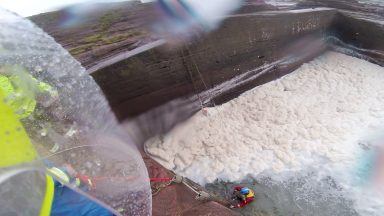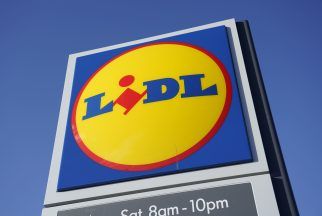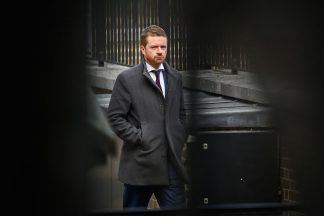Lego could start to pay its customers to return their bricks in a push for greater sustainability after finding a new material failed to cut its carbon emissions.
In 2021, the Danish toy giant announced it was researching whether PET plastic, or polyethylene terephthalate – which does not degrade in quality when recycled – could be used to make its building bricks.
It was part of a plan to shift to oil-free bricks, with Lego hoping recycled PET plastic could replace crude oil-based acrylonitrile butadiene styrene (ABS), which is currently used in pieces.
However, on Monday Lego announced after more than two years of testing it had it found the new material did not reduce carbon emissions.
Lego stressed it remains “fully committed” to making its bricks from sustainable materials by 2032 despite the setback and that it is testing a range of alternative materials.

So far Lego has invested “more than $1.2bn in sustainability initiatives” as part of efforts to reduce carbon emissions by 37% by 2032, the company said.
Tim Brooks, the Lego Group’s head of sustainability, told the Financial Times other projects are in talks at the company to consolidate its green pledge.
He explained Lego aims to begin a commercial collection of old bricks, where people could be paid to return old sets that will then be re-sold.
There are an estimated 400 billion Lego bricks worldwide, but many of them are forgotten in toy boxes, Lego said.
Lego currently offers a programme known as ‘Replay’ where customers can donate old bricks that are bundled.
The donated boxes have a mix of elements from all sorts of sets, with an activity booklet with some building challenges to try out.
Mr Brooks added: “It’s better to reuse than recycle. So we’re looking at a circular business model how do we earn revenue from recircling bricks. It’s quite a shift in thinking and ideas.”
Follow STV News on WhatsApp
Scan the QR code on your mobile device for all the latest news from around the country





























